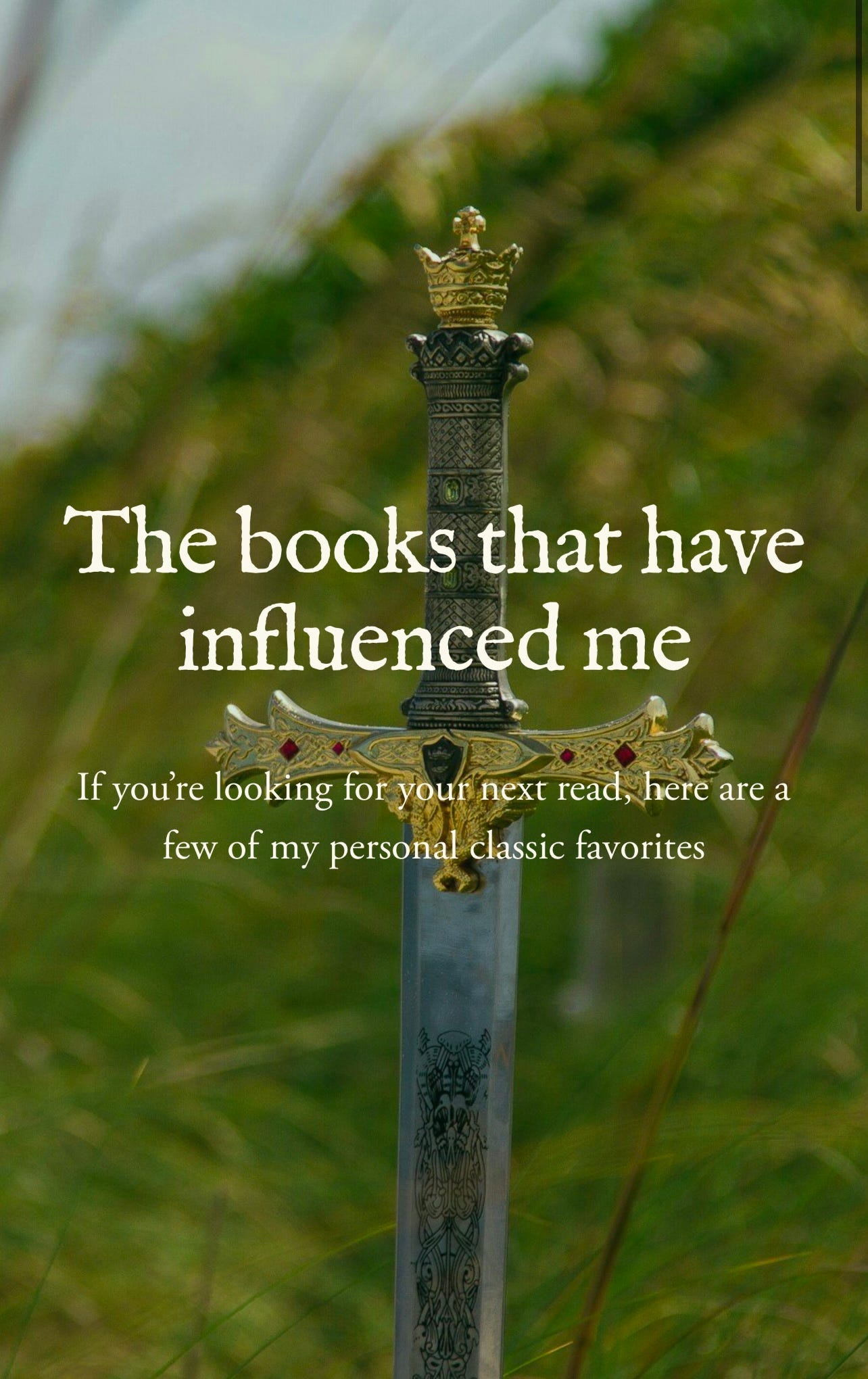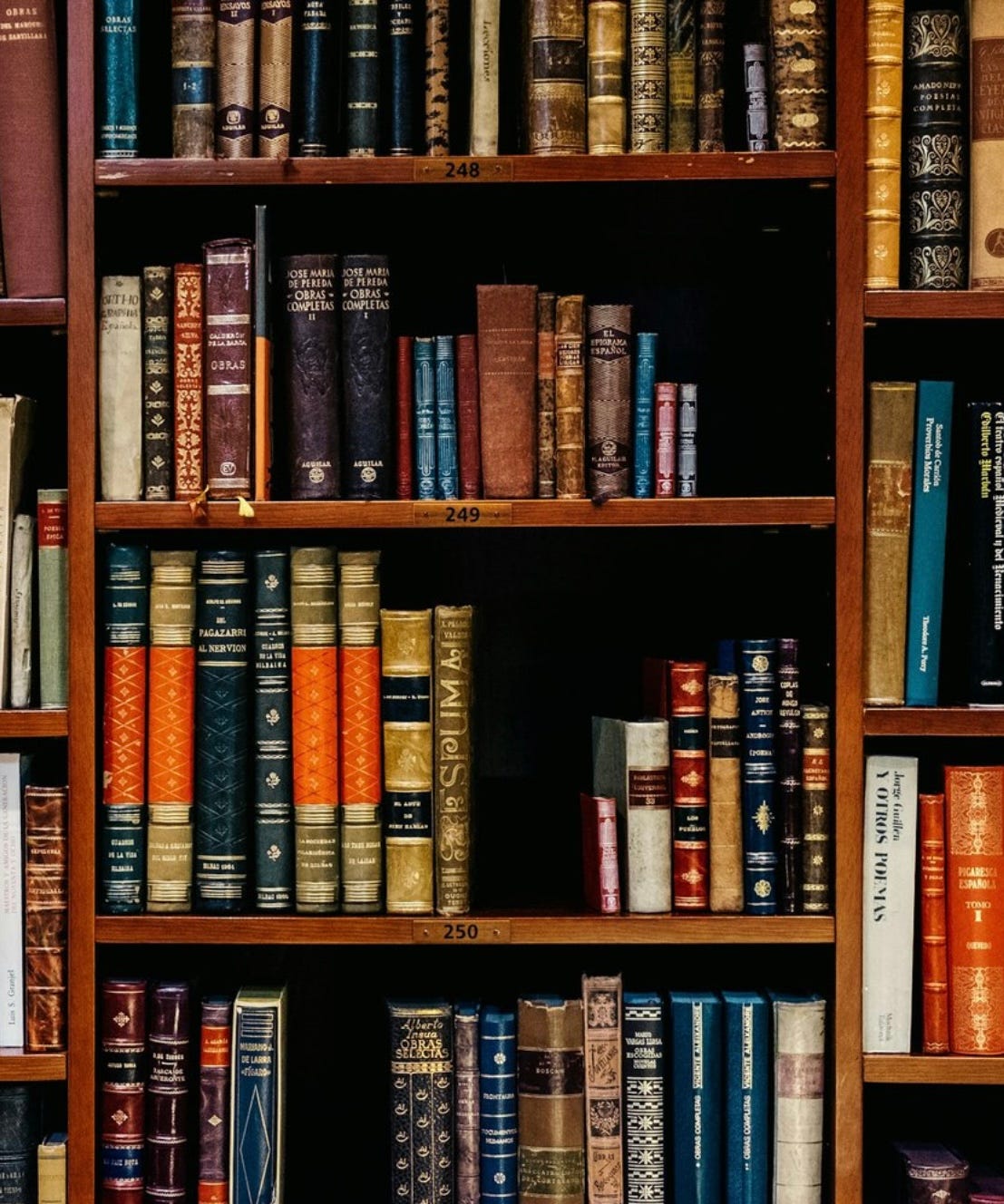The world according to fairytales and fables: A manifesto
To those who believe in fairytales and fables — I believe in them, too
To those who believe in fairytales and fables —
I believe in them, too. We oftentimes find ourselves living in an Upside-Down world rather than a Right-Side Up world, and mythic fables have a unique ability to set things right for us. They reveal to us the things of the heart, which are actually the realest things. They unmask within us and within our world those princes, princesses, witches, helpful godmothers, wise talking owls, magicians, mermaids, and dragons that live there. Every day, we all have our own respective quests to try and inhabit a Right-Side Up reality in an Upside-Down world.
I’ve always been inspired by fairytales. I think they’re what we need now especially, to escape the broken logic that tells us we are meant to be efficient, powerful machines rather than creative, noble people. I’ll quote Harry Potter and the Deathly Hallows:
Of house-elves and children’s tales, of love, loyalty, and innocence, Voldemort knows and understands nothing. Nothing. That they all have a power beyond his own, a power beyond the reach of any magic, is a truth he has never grasped.
If you haven’t read the Harry Potter series, Voldemort in this statement is someone who has turned his heart purely to evil and sought power for its own sake. And house-elves represent the lowly, the poor, the oppressed, the downtrodden. A key to solving one of the greatest mysteries of the series turns out to be found, in this book, in a collection of fairytales. For good reason.
So with me into these stories, and let us fall through those looking glasses that help us see more clearly! Then we may discover in ourselves true knights and sages, kings and queens.
Wondering where to begin? Here are a few personal favorites:
Mythology & Folklore Favorites
The Odyssey, Homer
D’Aulaires’ Book of Greek Myths
The Original Folk & Fairy Tales of the Brothers Grimm, translated by Jack Zipes
King Arthur and His Knights of the Round Table, Roger Lancelyn Green
Panchatantra (collected stories), Amir Chita Katha illustrated versions
The Ramayana, Valmiki
Classic Fantasy & Gothic Favorites
The Faerie Queene, Edmund Spenser (or the Modern English Prose versions by Helene A. Guerber, Mary MacDonald, or Jeannie Lang)
The Snow Queen, Hans Christian Andersen
Alice’s Adventures in Wonderland and Through the Looking-Glass, Lewis Carroll
Dracula, Bram Stoker
Frankenstein, Mary Shelley
The Wind in the Willows, Kenneth Grahame
The Chronicles of Narnia, CS Lewis
The Lord of the Rings, JRR Tolkien
The Last Unicorn, Peter S. Beagle
Classic Literary Favorites
The Hunchback of Notre-Dame, Victor Hugo
Anna Karenina, Leo Tolstoy
The House of Mirth, Edith Wharton
The Adventures of Sherlock Holmes, Arthur Conan Doyle
Emma, Jane Austen
Modern Favorites
Piranesi, Susanna Clarke
Harry Potter (all seven), JK Rowling
Cormoran Strike (all seven), Robert Galbraith aka JK Rowling
Redwall, Brian Jacques
Non-Fiction Favorites
Planet Narnia, Michael C. Ward
The Abolition of Man, CS Lewis
The Book of Beasts, translated by T.H. White
Tending the Heart of Virtue, Vigen Guroian
Paradise and Utopia (all four), Fr. John Strickland
I’m excited to read many more this year — currently, I’m working my way through Lloyd Alexander’s Prydain Chronicles. If you’ve got any recommendations for what to read next, drop it in the comments!
Together, we can start to see the world through Right-Side Up eyes again.







Stories have a way of illuminating things about ourselves that statistical data and hard facts just don't quite capture.
Don't forget Aesop's fables, there are a lot of "common" sense lessons in them